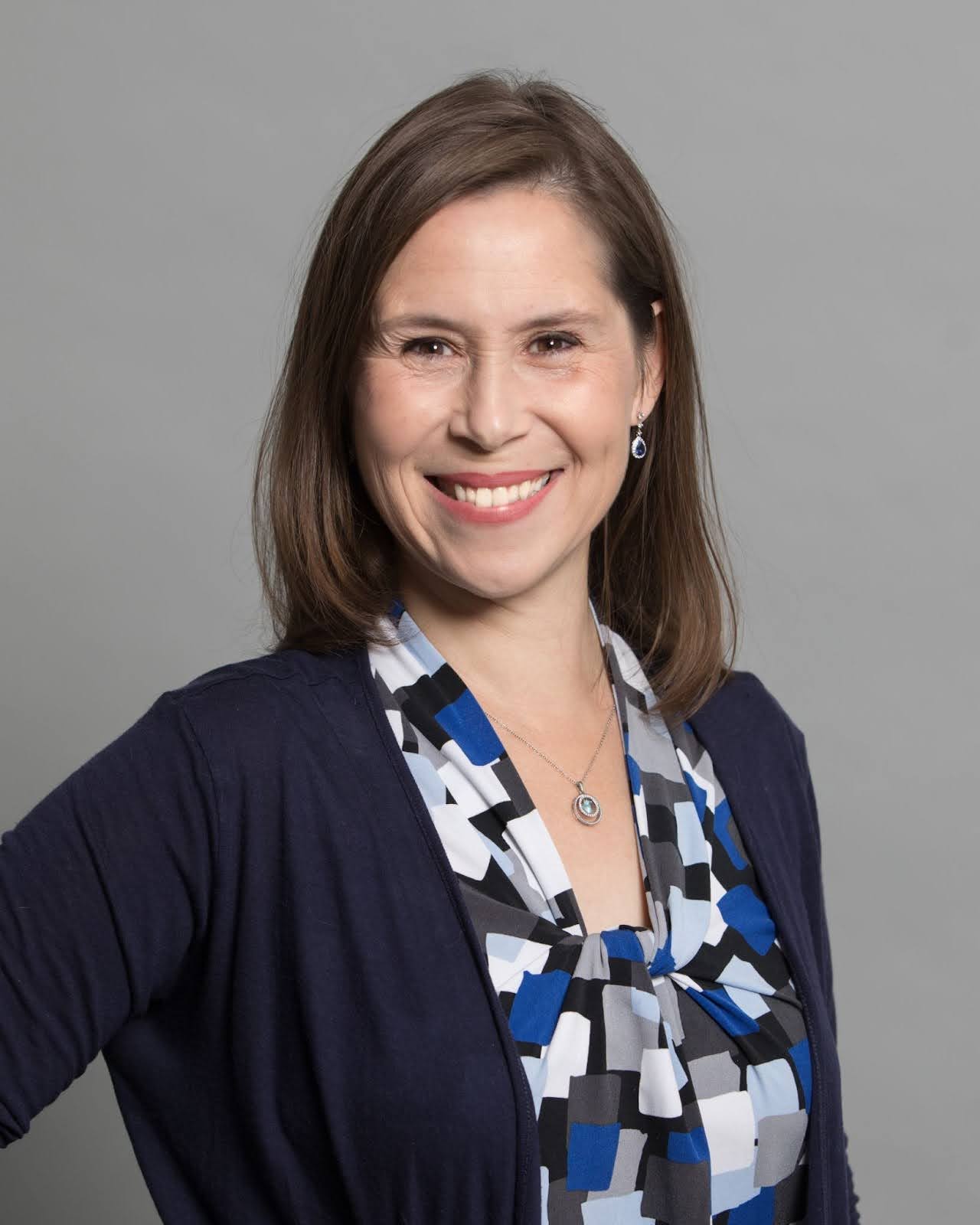HiMARC researcher advocates to increase compensation for graduate students and postdoctoral scholars
9 July 2024
 Michèle L. Hébert is a paediatric occupational therapist and postdoctoral researcher with the Heroes in Mind Advocacy and Research Consortium at the University of Alberta’s Faculty of Rehabilitation Medicine. She earned a PhD in rehabilitation science and completed a two-year postdoctoral scholarship at the University of Calgary’s School of Public Policy and Faculty of Social Work and is now completing a second postdoc at HiMARC. With over 29 years of expertise in child disability, her current research focuses on supporting military families of young children with or without identified neurodiversity.
Michèle L. Hébert is a paediatric occupational therapist and postdoctoral researcher with the Heroes in Mind Advocacy and Research Consortium at the University of Alberta’s Faculty of Rehabilitation Medicine. She earned a PhD in rehabilitation science and completed a two-year postdoctoral scholarship at the University of Calgary’s School of Public Policy and Faculty of Social Work and is now completing a second postdoc at HiMARC. With over 29 years of expertise in child disability, her current research focuses on supporting military families of young children with or without identified neurodiversity.
Hébert has trained parents and service providers across Canada and published nationally and internationally on childhood neurodisabilities, child and youth wellness, suicide prevention, youth-to-adult care transitions, inter-professional collaboration, help-seeking and navigating help systems. She is also the volunteer founder and chair of Buds in Bloom | Bourgeons en Éclat, a registered charity that builds community connections for neurodiverse children and their families. Through her academic and community initiatives, Hébert works to address and overcome the challenges and compounding adversities that families face when raising a neurodiverse child or teen.
We contacted Hébert to learn more about the impact she’s making in both her research and advocacy work.
What is the goal of your research?
My research aims to promote equity and prevent suffering. Both my research and community volunteer work focus on facilitating equitable access to necessary help and resources for children and their families and co-creating with community members a world where those who face daily adversities feel well and have a sense of belonging. Community connection is central to all my endeavours.
Under the leadership of Drs. Sevigny and Brémault-Phillips and in partnership with Military Family Resource Centres and military family communities across Canada, our research team and I are co-designing, co-evaluating and co-expanding a new, hybrid pan-Canadian B-Hive Initiative. This multi-module program ensures a continued sense of belonging whether military families reside in Canada or abroad, helping families develop a lifestyle that fosters living rather than merely existing.
Tell us about your advocacy work.
My volunteer advocacy work spans local, provincial, national and international levels. As the volunteer chair at Buds in Bloom, one of my notable achievements was collaborating with Children's Healthcare Canada and Paediatric Chairs of Canada. In small groups of paediatricians, child-health researchers and parents of neurodiverse children, we met with politicians. Wearing my dual hat as a social policy and health researcher and stepmom of a child with medical complexity — type 1 diabetes — our advocacy led to the revision of Canadian law on June 23, 2022. This change allows individuals with type 1 diabetes, including my stepson, to automatically qualify for the Disability Tax Credit, granting access to significant federal benefits like the Registered Disability Savings Plan that is considered among the best federal government benefits in the world.
I joined the Postdoctoral Fellows Association of UCalgary during my first postdoctoral appointment. This period coincided with the executive's efforts to create Alberta's first-ever collective agreement for postdoctoral scholars, ratified in September 2020 and implemented on January 1, 2021. The U of A soon adopted its first postdoctoral collective agreement as well. I engaged with Tri-Council representatives at the Canadian Institutes of Health Research, the Social Sciences and Humanities Research Council and the Natural Sciences and Engineering Research Council of Canada, other policymakers and changemakers. These efforts were timely, overlapping with national discussions on equity for graduate students and postdocs.
Remarkably, as vice-chair director at the Canadian Association of Postdoctoral Scholars in 2021, I was invited to be one of five panelists in a Canadian Science Policy Centre online symposium to discuss the 2021 Federal Budget implications on scientists. CAPS directors and I prepared my script. In this recorded international symposium, as the sole representative for all voices of postdoctoral researchers across Canada and Canadian postdoctoral scholars abroad, I highlighted key inequities and proposed actionable solutions by comparing our context, including salary gaps, to national and global examples.
This talk shed light on hidden adversities experienced by postdocs: gender inequality, disproportionate benefits per scientific area, mental health concerns and workplace bullying culture by superiors. My presentation was pivotal for further advocacy by our group in the House of Commons on Parliament Hill, eventually leading to better compensation and benefits for future generations of Canadian postdocs.
Why is your work important to you and what impact are you making?
My work, whether paid or voluntary, focuses on facilitating and accelerating equitable access to health care, social services and basic rights in Canada, ultimately aiming for collective wellness and inclusion.
What advice would you like to share?
To both graduate students and postdoctoral researchers: Keep your eye on your goal, visualise your dream clearly, foster a growth-focused academic culture, speak up when you see gaps or unmet needs, seek out supportive leaders, never give up on your dream and remember to find joy even in challenging times. For me, this means to dance even when it’s rainin